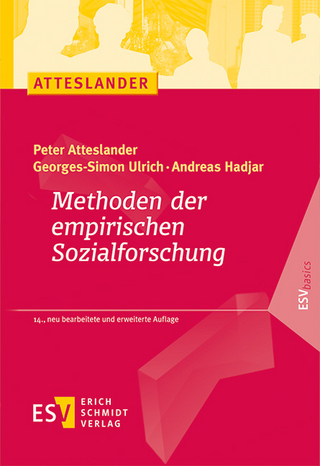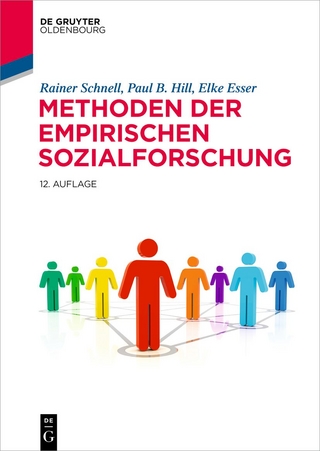
The Room Is on Fire
The History, Pedagogy, and Practice of Youth Spoken Word Poetry
Seiten
2019
State University of New York Press (Verlag)
978-1-4384-7022-1 (ISBN)
State University of New York Press (Verlag)
978-1-4384-7022-1 (ISBN)
Blends history and theory with practical descriptions of how spoken word poetry is taught and how to produce spoken word events.
The Room Is on Fire offers an overview of youth spoken word poetry's history, its practitioners, participants, and practices. Susan Weinstein explores its grounding in earlier literary/performance/educational traditions and discusses its particular challenges. In order to analyze these issues, the story of how youth spoken word poetry developed as a field is told through the voices of those involved. Interviewees include the people who organized the first youth poetry slam festivals, the founders of central youth spoken word organizations, and a selection of young people who have participated in their local programs and in regional and national events over the last two decades. Narratives about individual and communal efforts and experiences are supported by analyses of full-text poems by youth poets and by reference to contemporary scholarship in performance studies, critical youth studies, and new literacy studies. Blending history and theory with practical descriptions of how spoken word poetry is taught and how to produce spoken word events, the book will appeal to researchers, teacher educators, and K–12 teachers.
The Room Is on Fire offers an overview of youth spoken word poetry's history, its practitioners, participants, and practices. Susan Weinstein explores its grounding in earlier literary/performance/educational traditions and discusses its particular challenges. In order to analyze these issues, the story of how youth spoken word poetry developed as a field is told through the voices of those involved. Interviewees include the people who organized the first youth poetry slam festivals, the founders of central youth spoken word organizations, and a selection of young people who have participated in their local programs and in regional and national events over the last two decades. Narratives about individual and communal efforts and experiences are supported by analyses of full-text poems by youth poets and by reference to contemporary scholarship in performance studies, critical youth studies, and new literacy studies. Blending history and theory with practical descriptions of how spoken word poetry is taught and how to produce spoken word events, the book will appeal to researchers, teacher educators, and K–12 teachers.
Susan Weinstein is Associate Professor of English at Louisiana State University and the author of Feel These Words: Writing in the Lives of Urban Youth, also published by SUNY Press.
List of Tables
Acknowledgments
Introduction
1. Who’s Who
2. Pedagogy and Practices
3. A Brief History of The Field
4. What Is Spoken Word Poetry And Where Did It Come From?
5. The Role of Slam
6. Youth Spoken Word Poetry Enters Its Third Decade
In Memory of Those We Have Lost
Appendix A
Brave New Voices Festivals by Year
Appendix B
Youth Spoken Word Poetry Organizations by State and Country
Notes
References
Index
| Erscheinungsdatum | 07.12.2018 |
|---|---|
| Zusatzinfo | Total Illustrations: 6 |
| Verlagsort | Albany, NY |
| Sprache | englisch |
| Maße | 152 x 229 mm |
| Gewicht | 227 g |
| Themenwelt | Schulbuch / Wörterbuch |
| Sozialwissenschaften ► Pädagogik | |
| Sozialwissenschaften ► Soziologie ► Empirische Sozialforschung | |
| ISBN-10 | 1-4384-7022-3 / 1438470223 |
| ISBN-13 | 978-1-4384-7022-1 / 9781438470221 |
| Zustand | Neuware |
| Informationen gemäß Produktsicherheitsverordnung (GPSR) | |
| Haben Sie eine Frage zum Produkt? |
Mehr entdecken
aus dem Bereich
aus dem Bereich
Buch | Hardcover (2023)
De Gruyter Oldenbourg (Verlag)
34,95 €
ein Arbeitsbuch
Buch | Softcover (2021)
De Gruyter Oldenbourg (Verlag)
34,95 €


